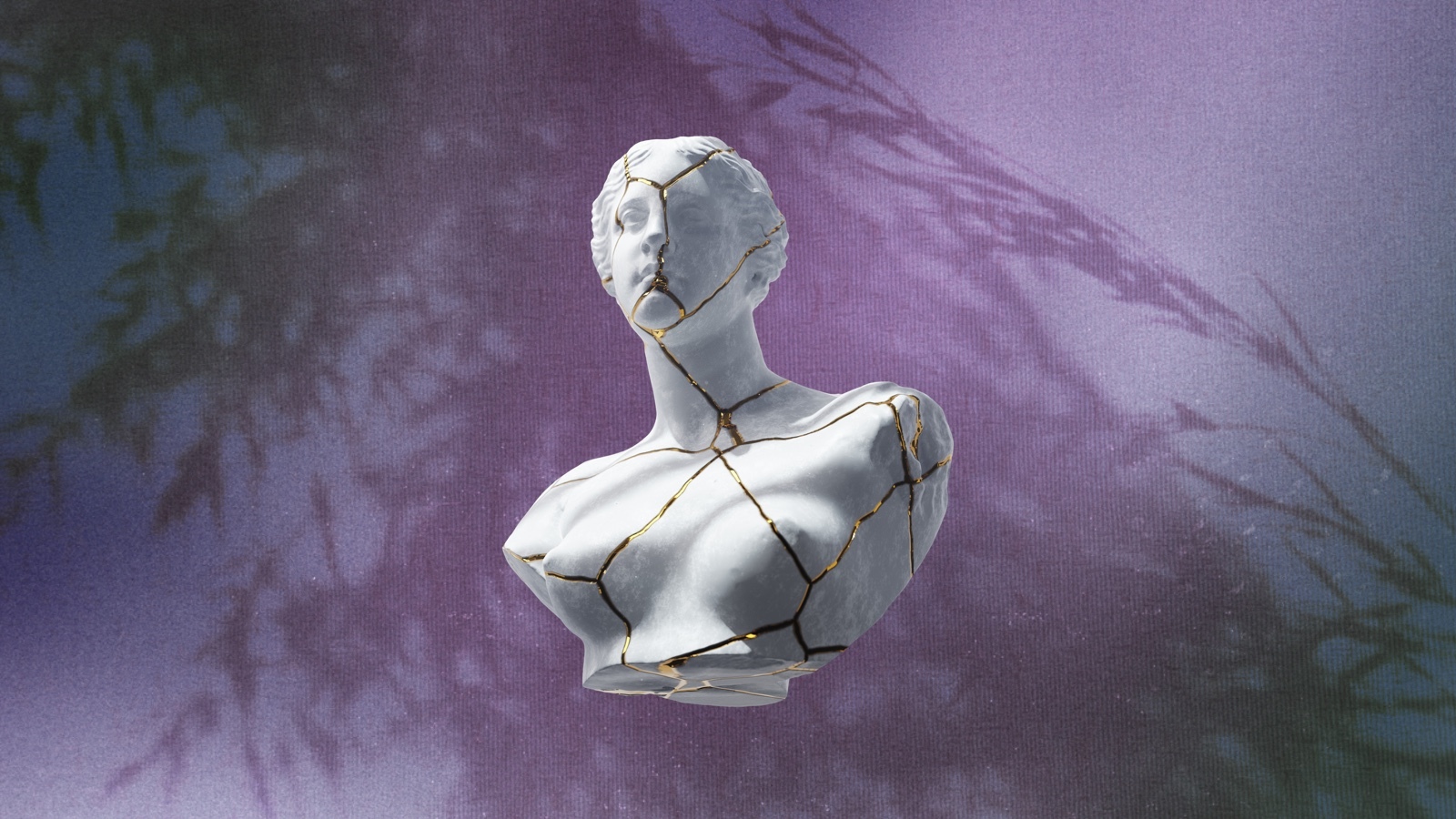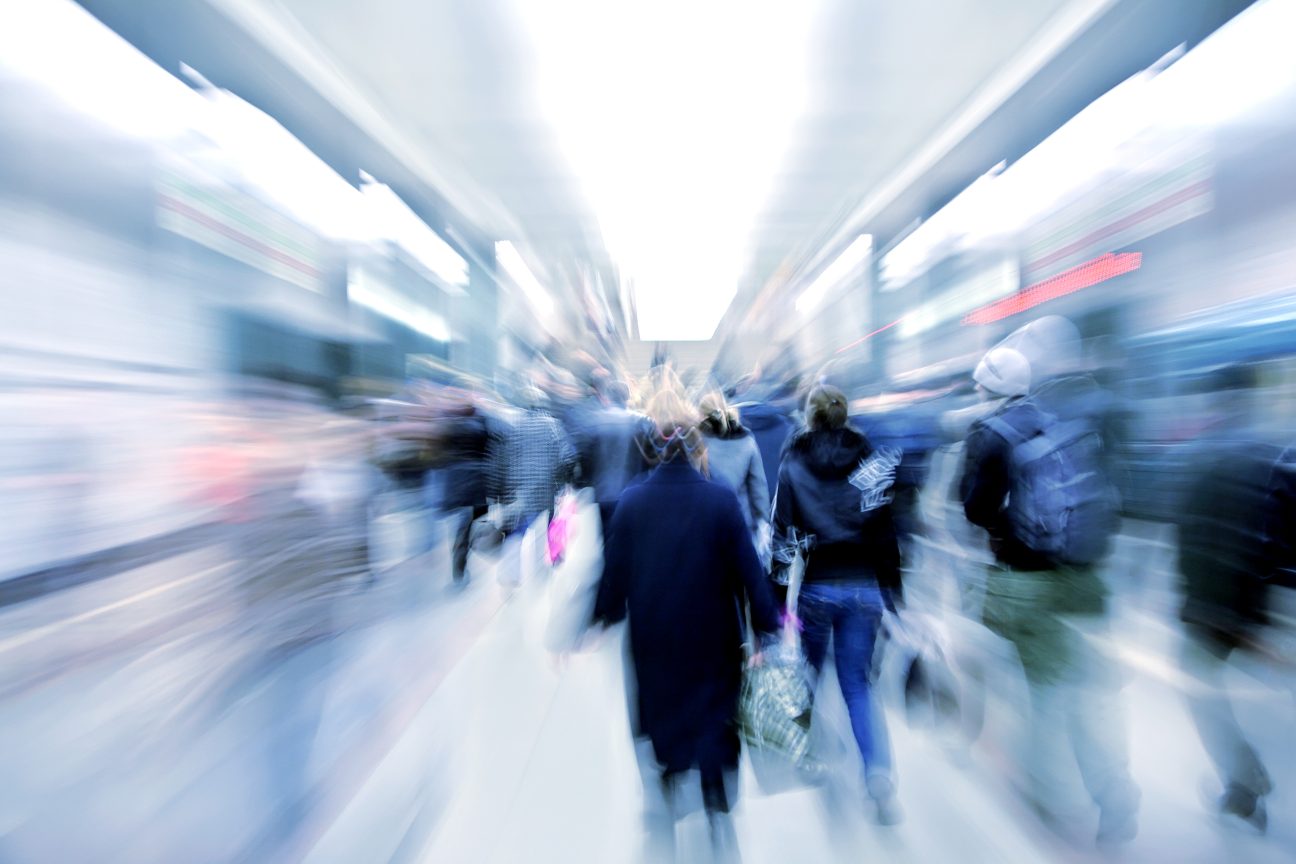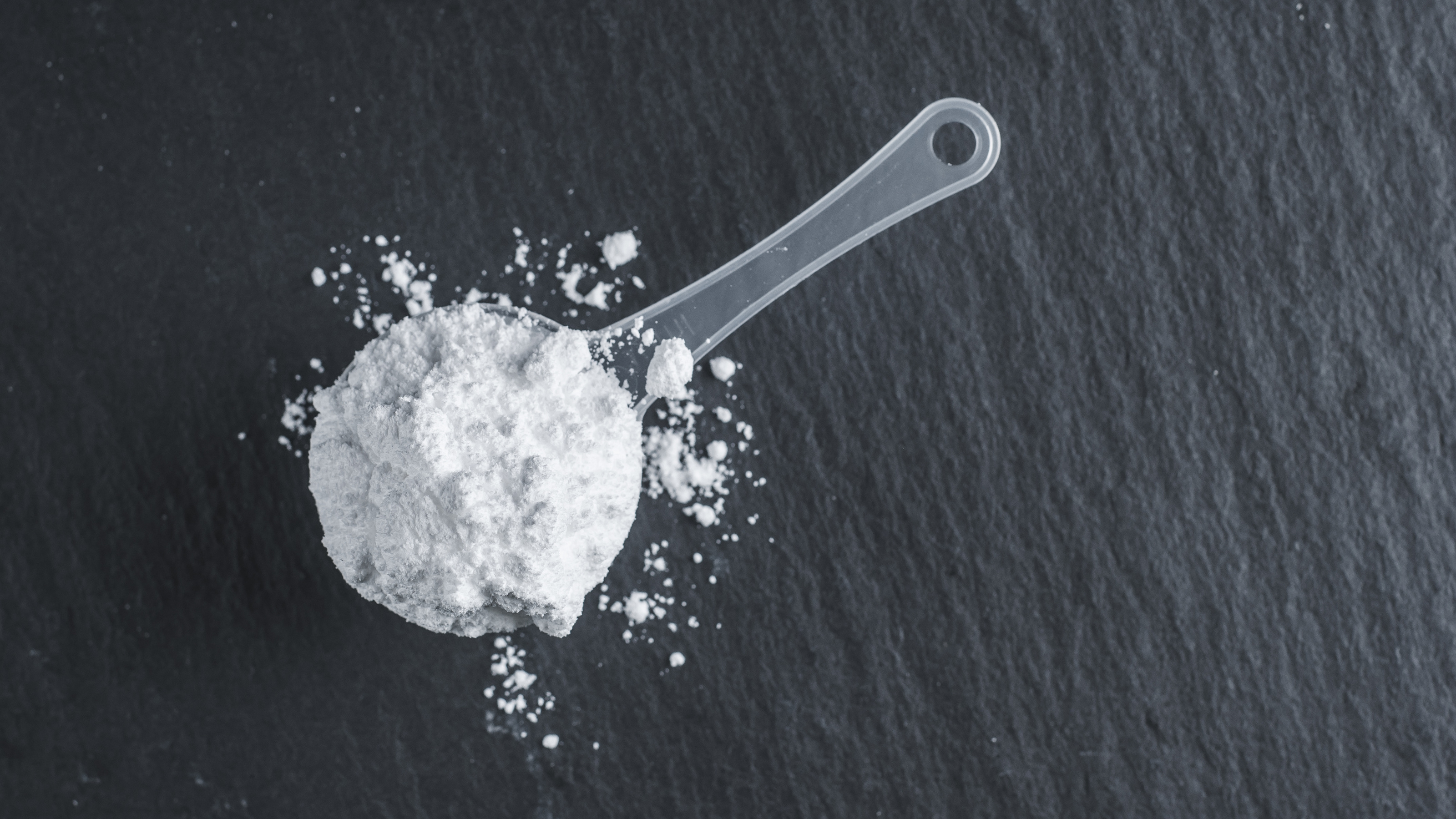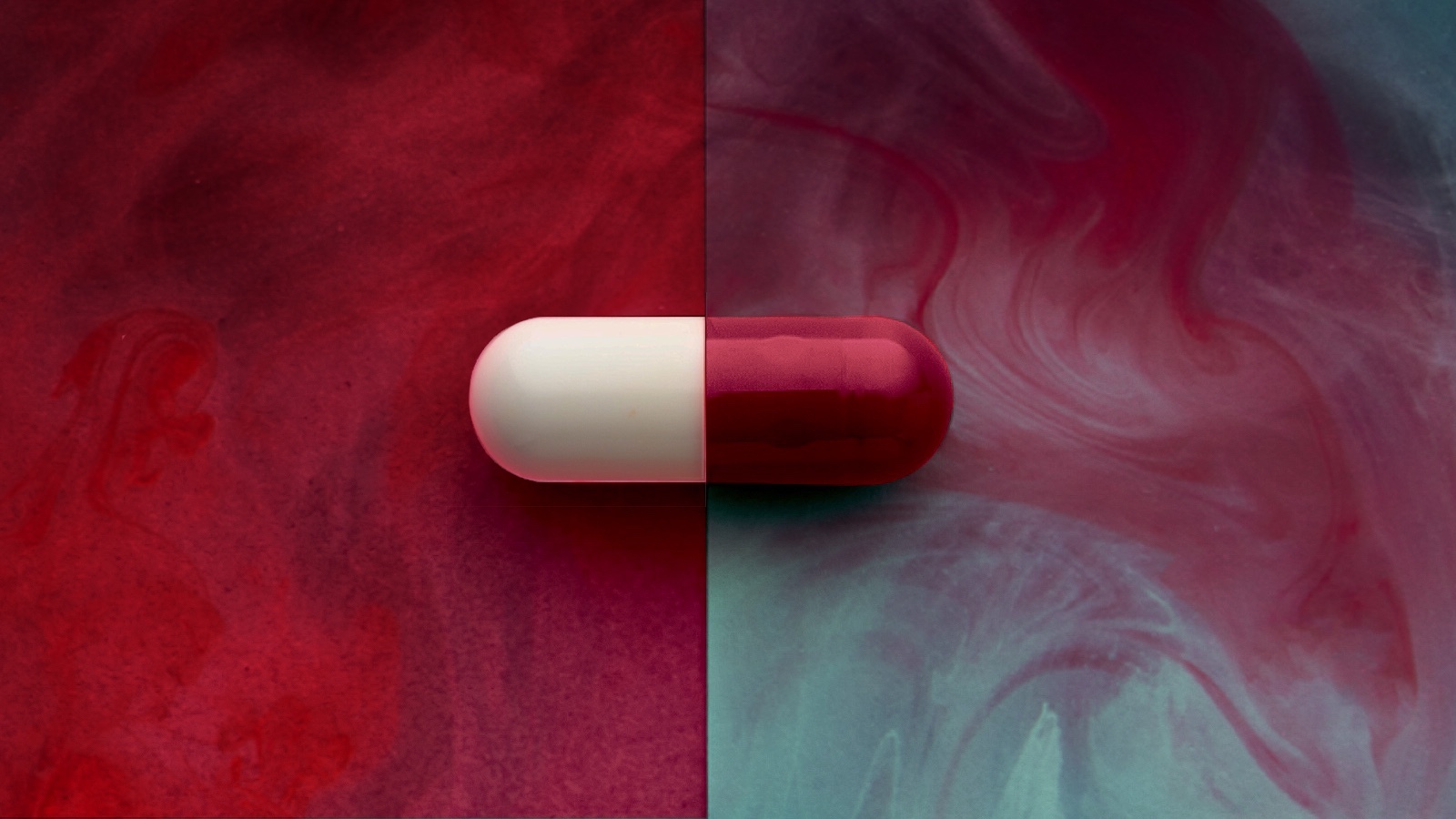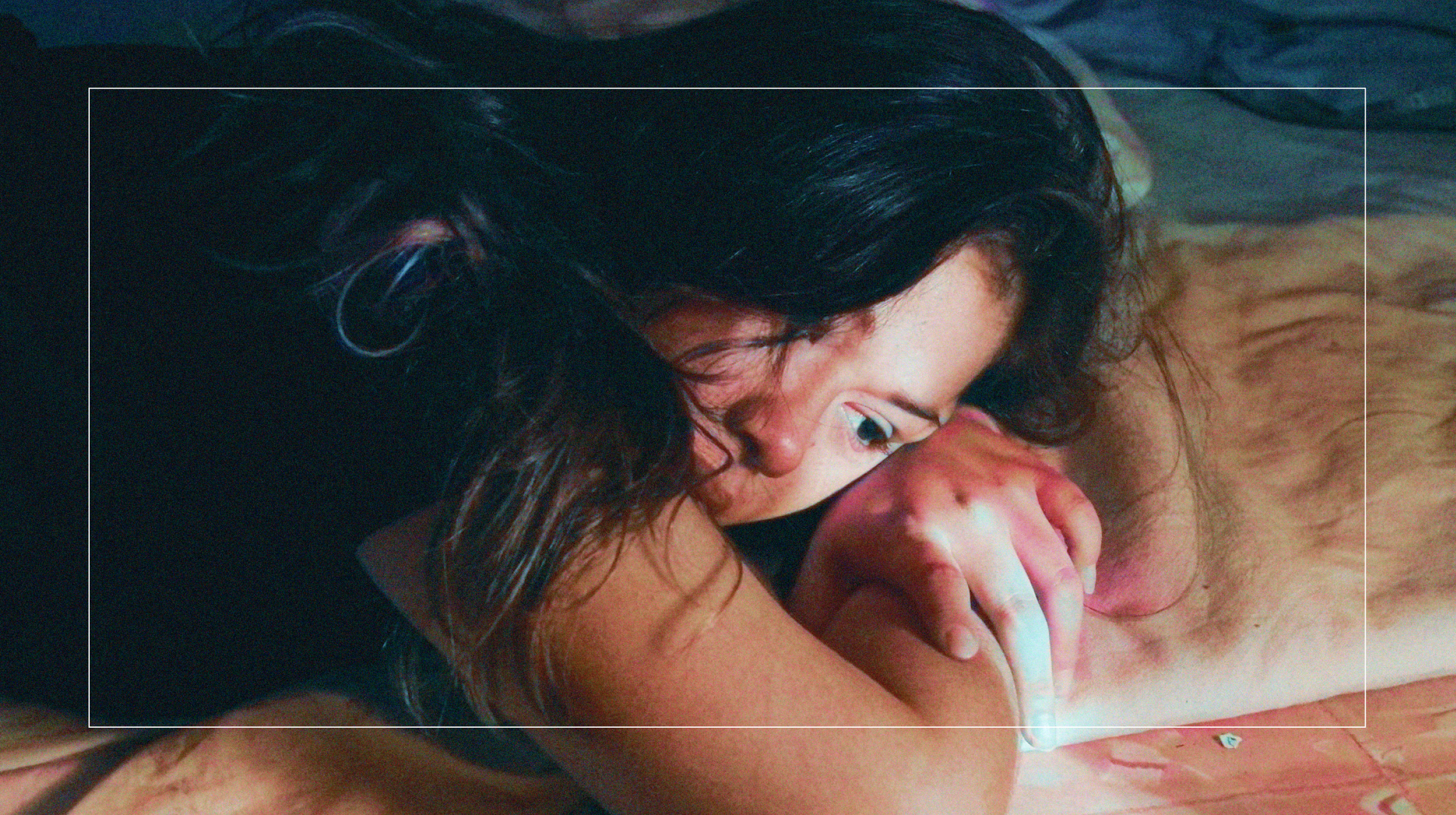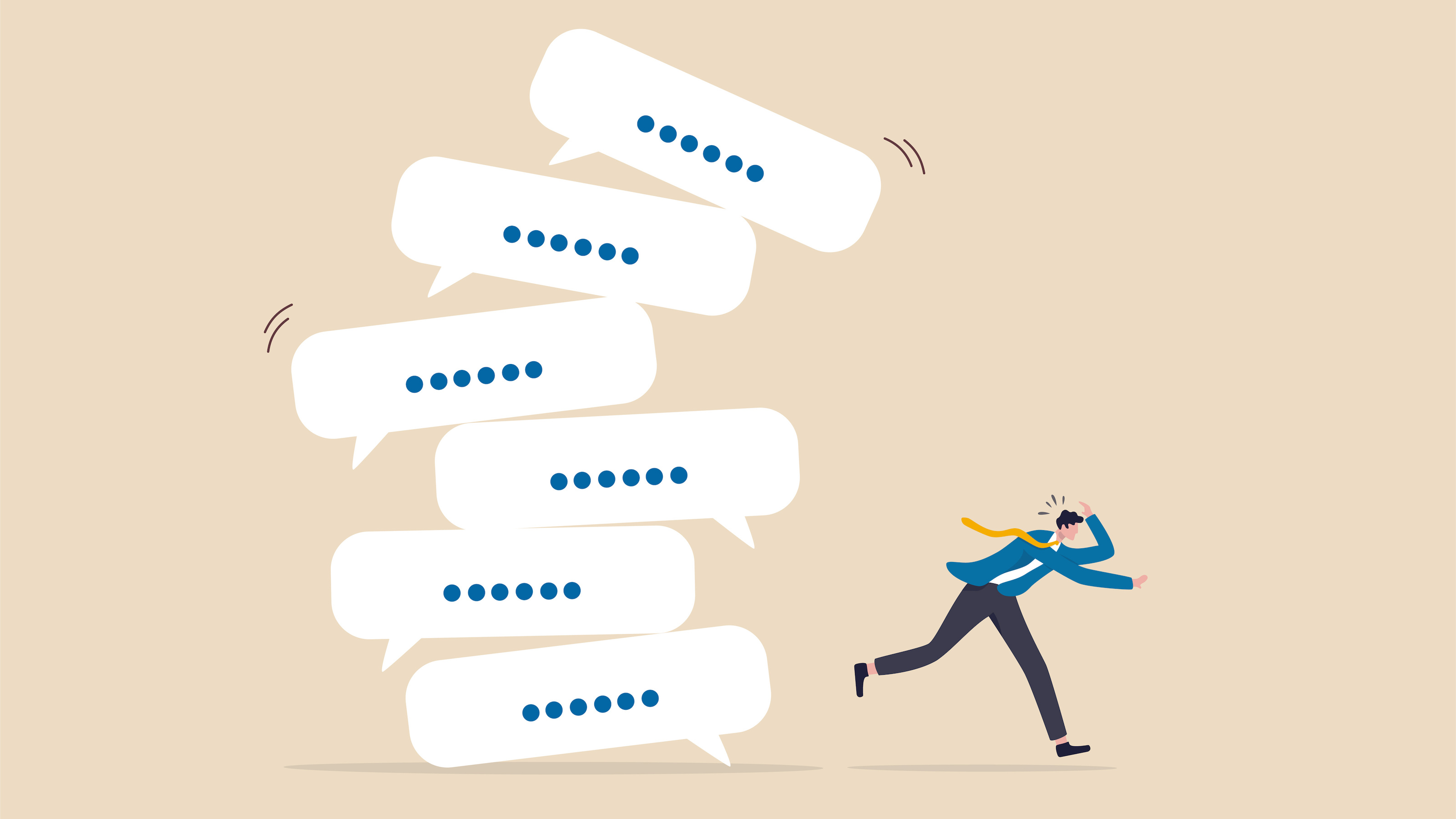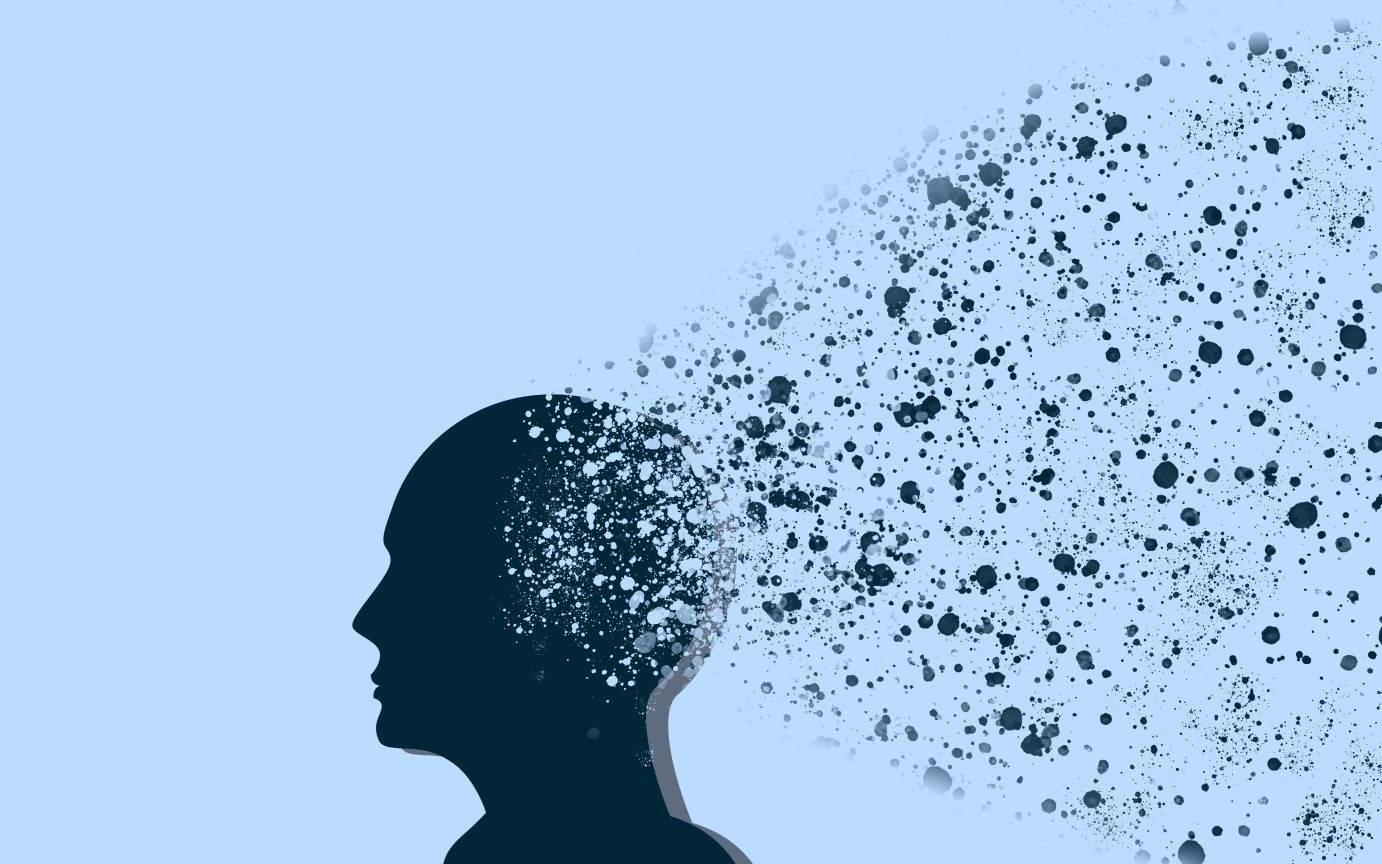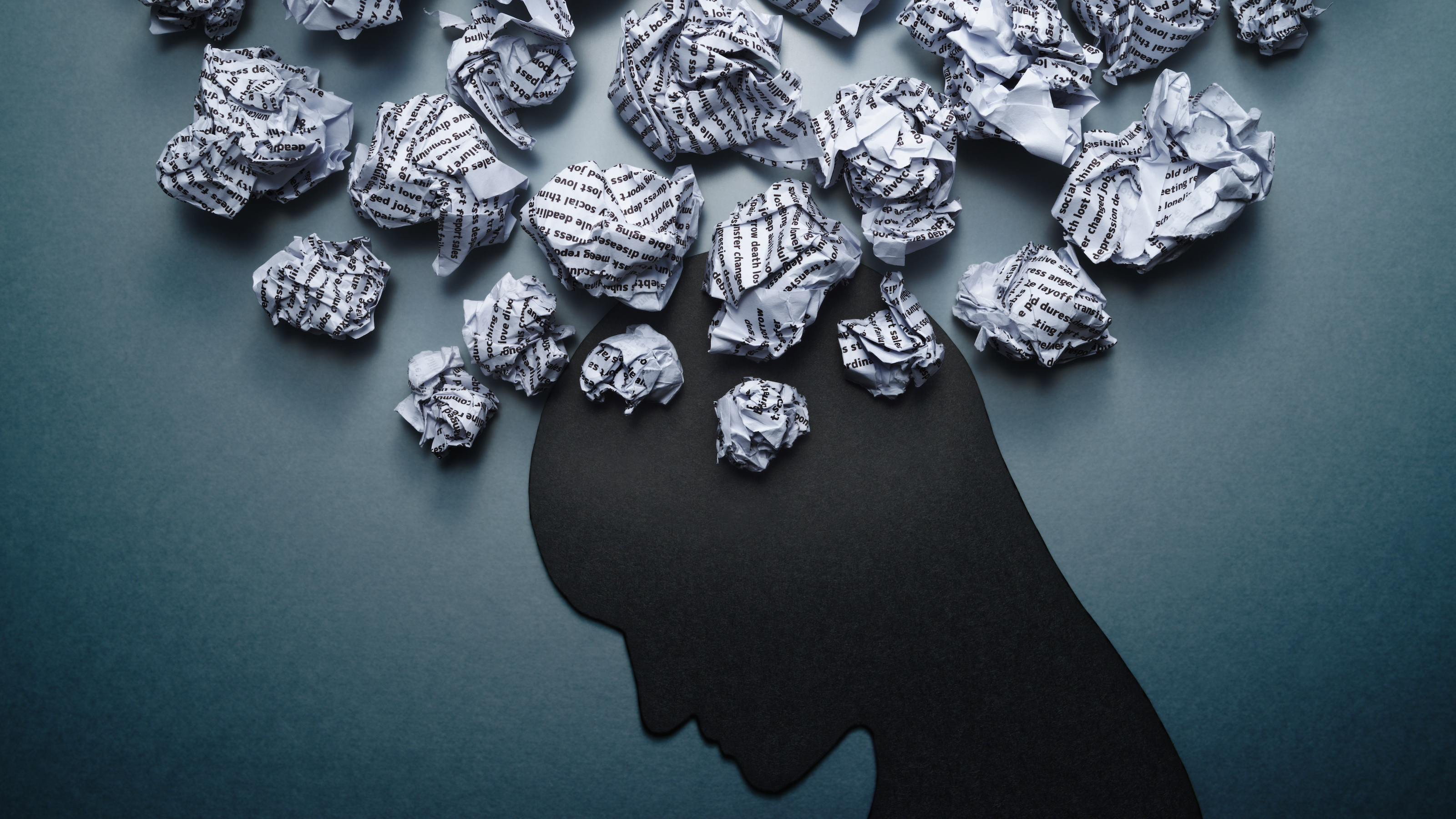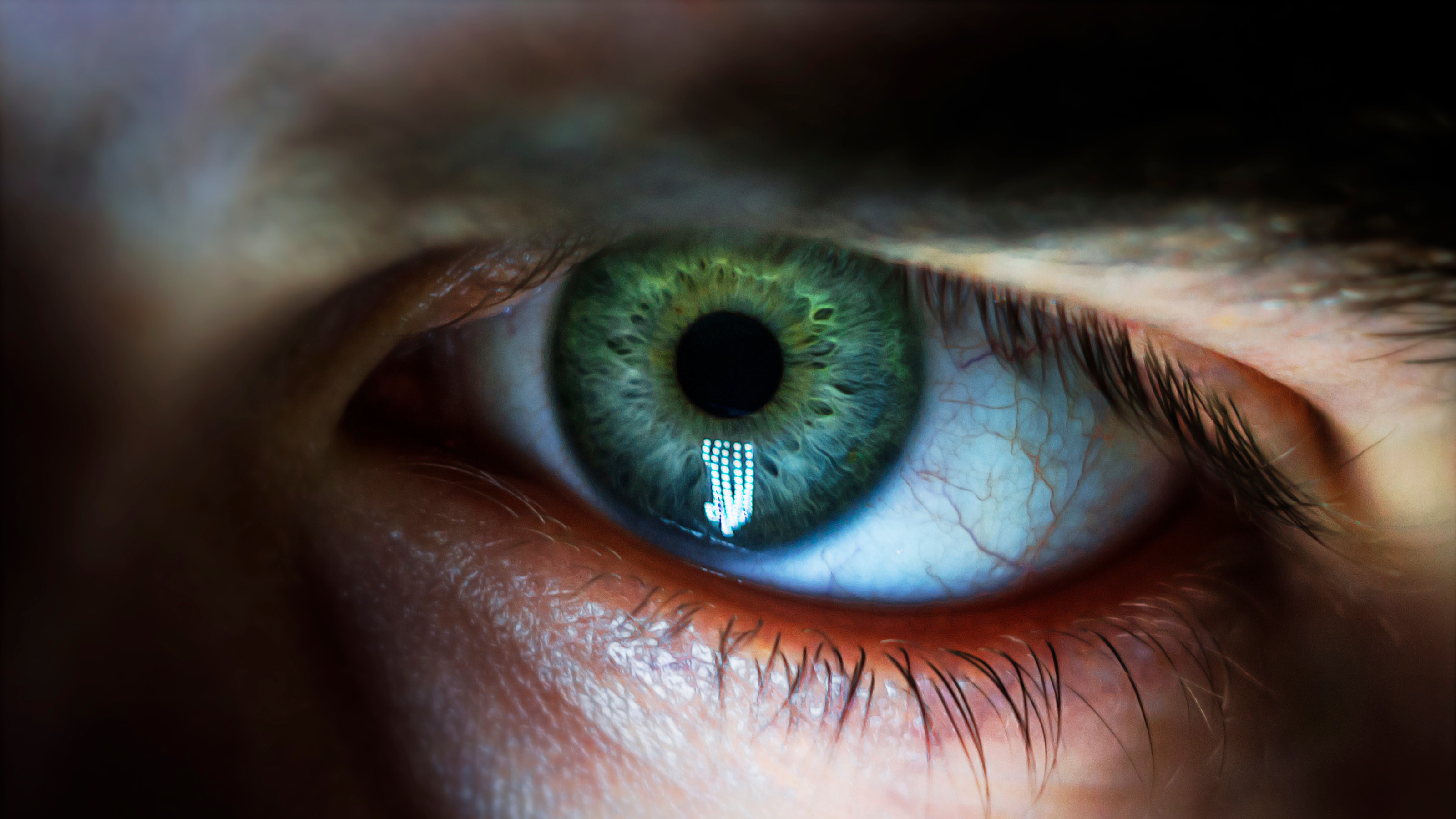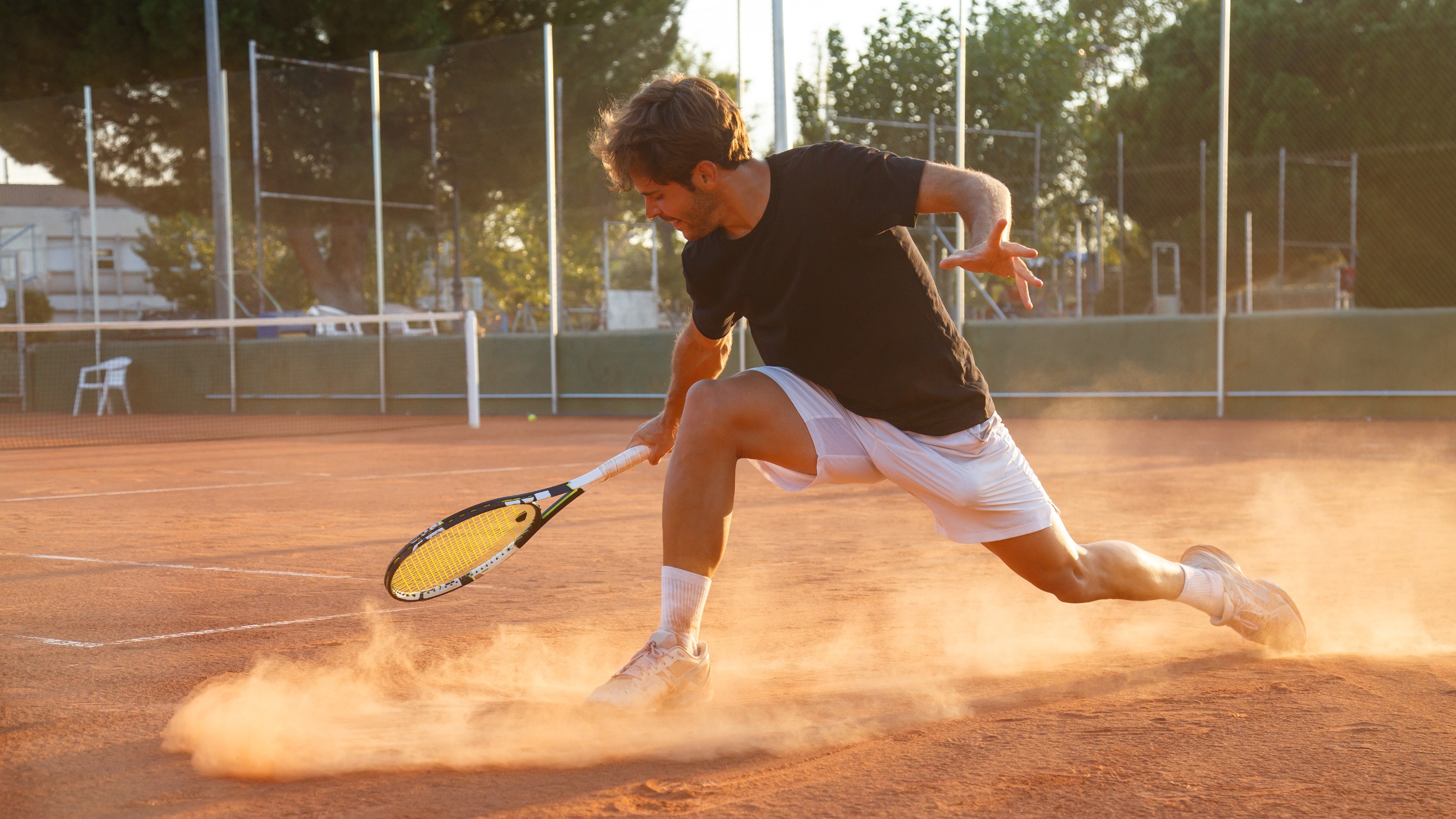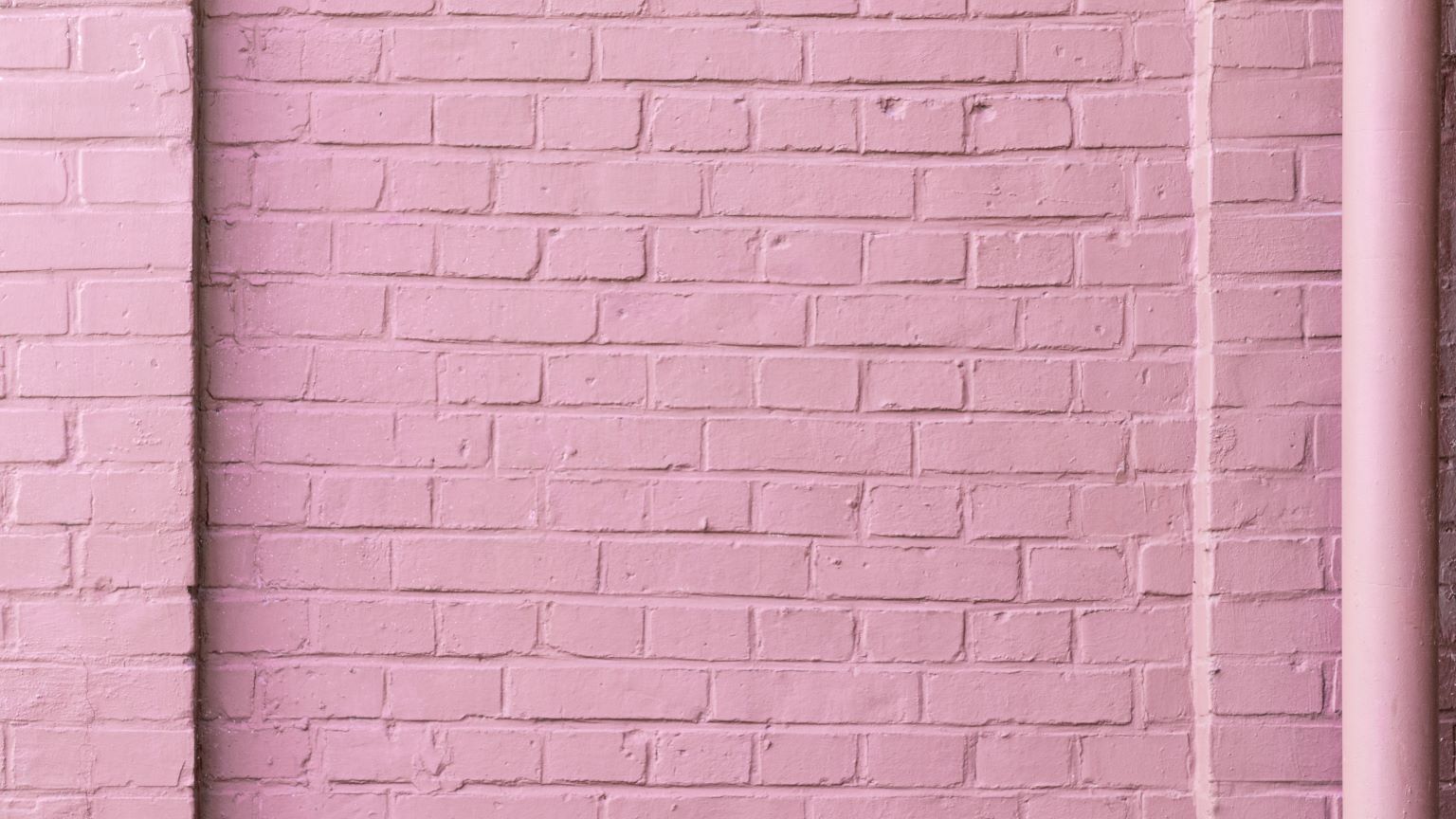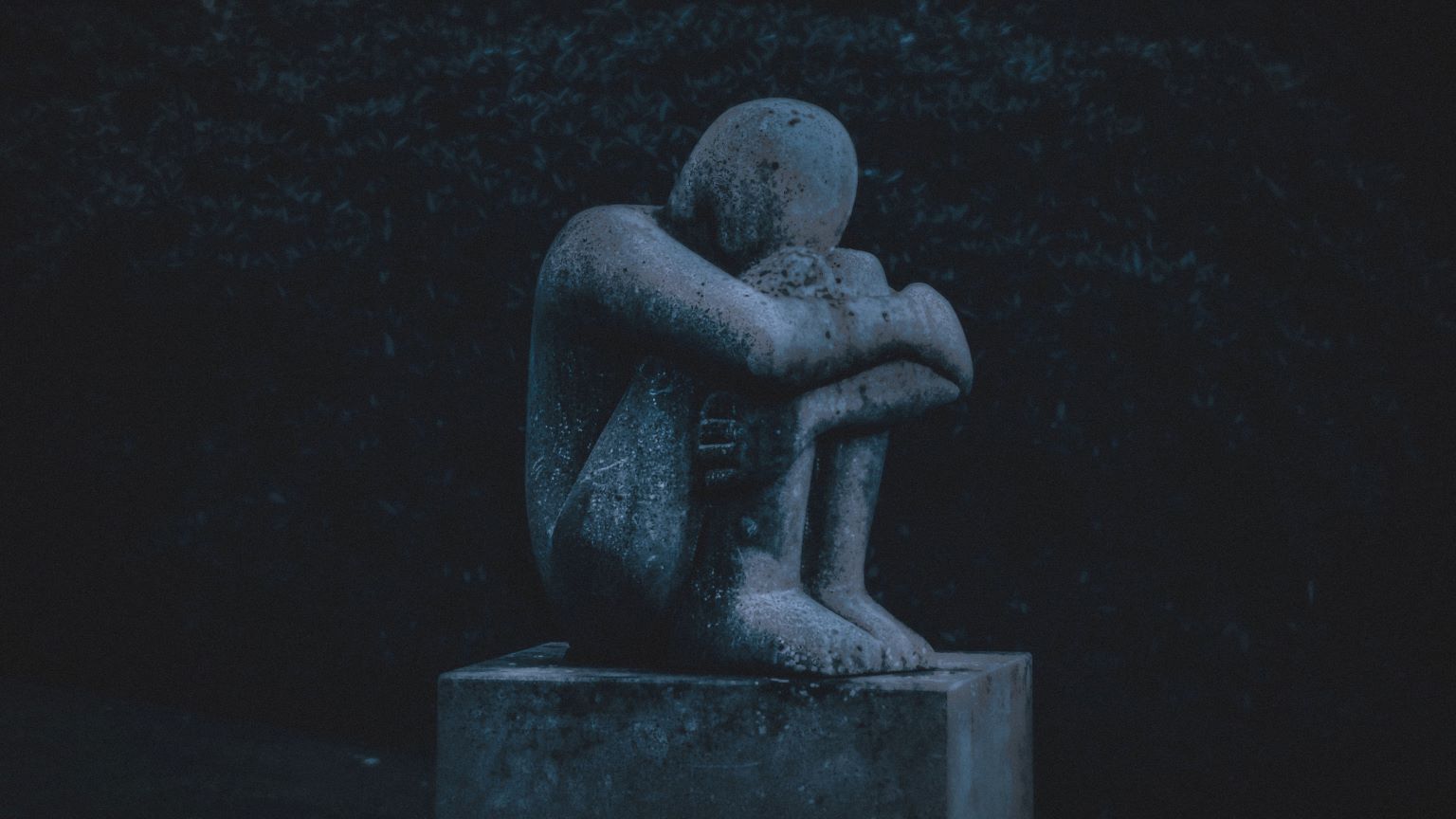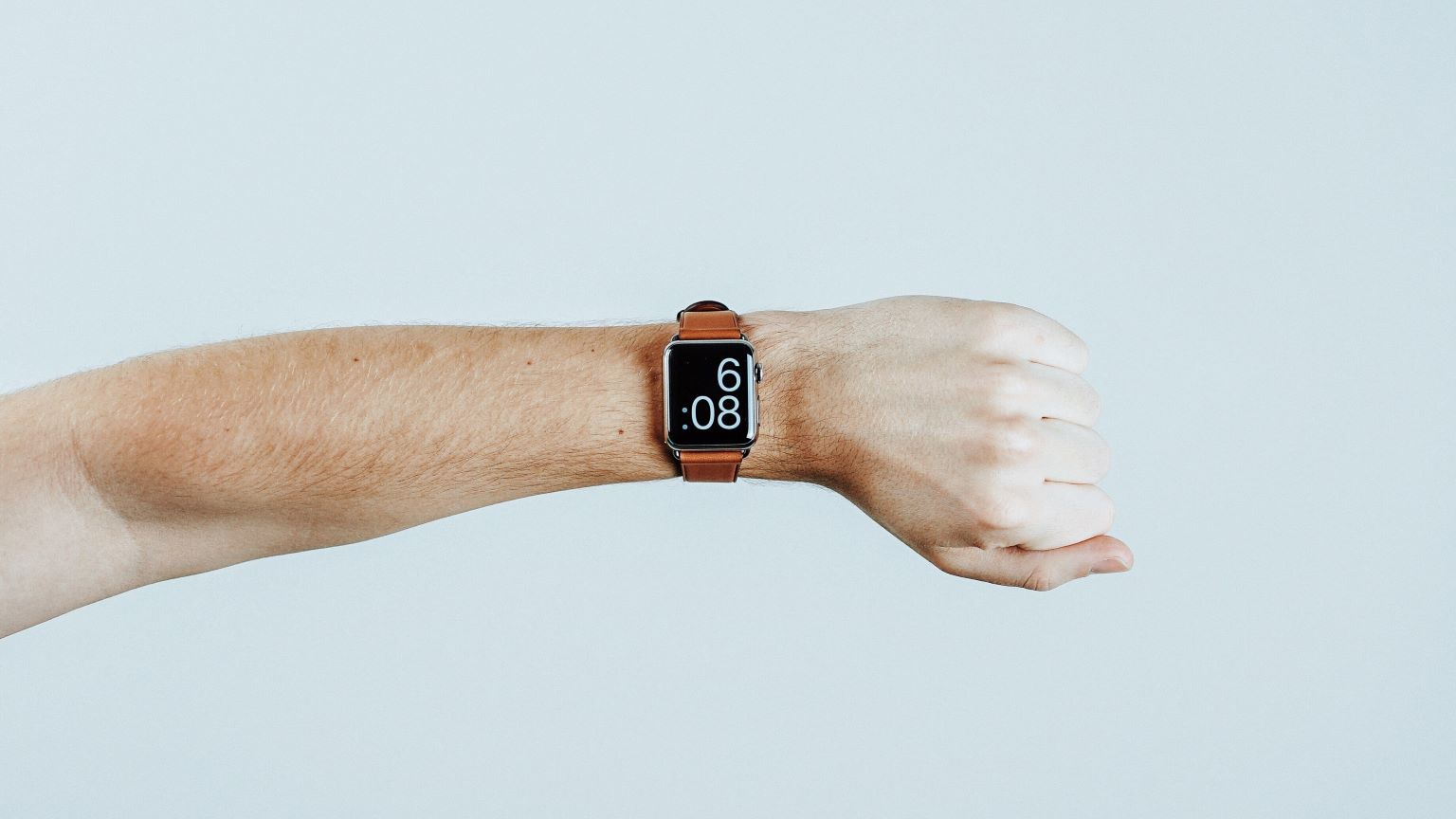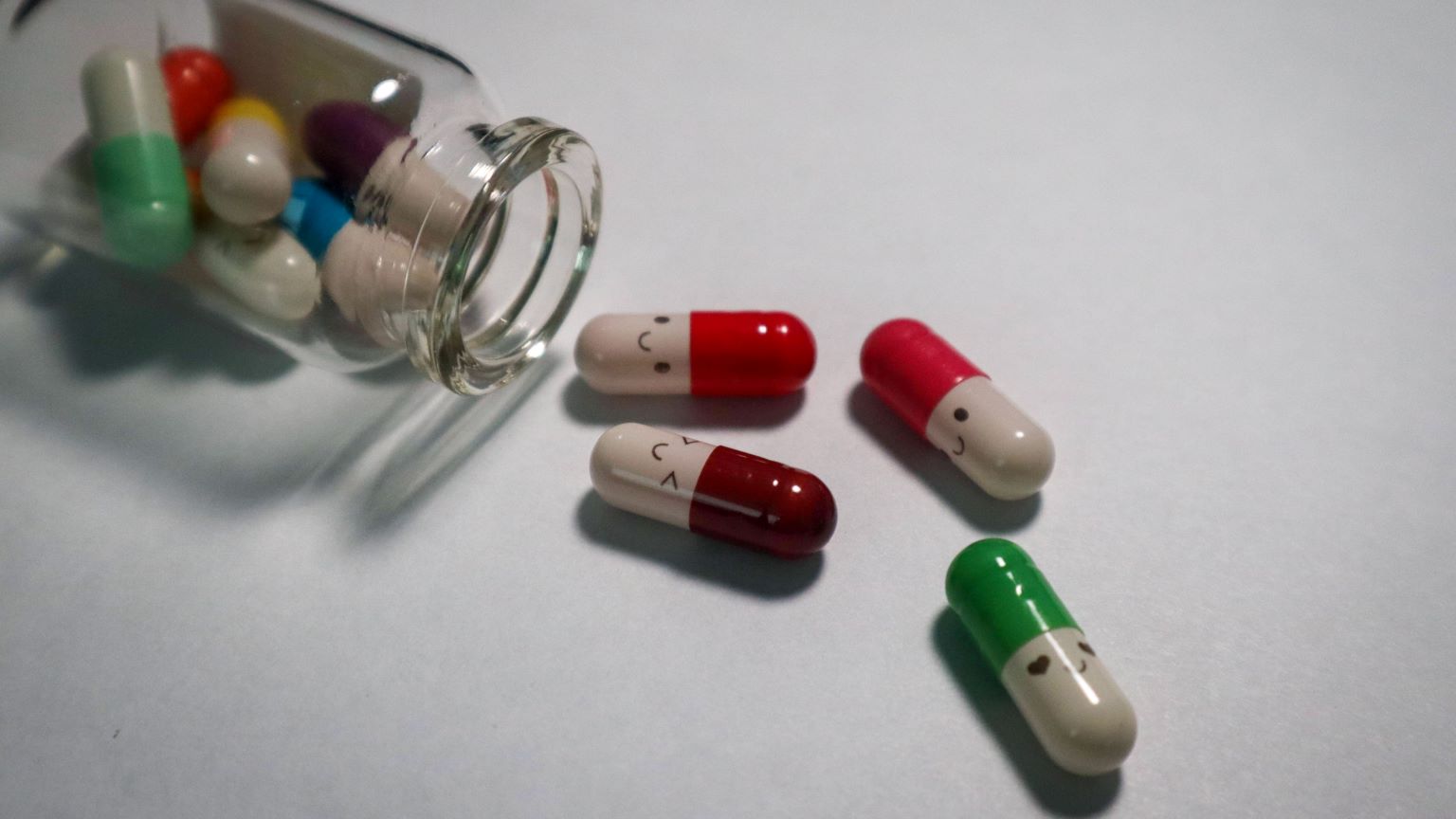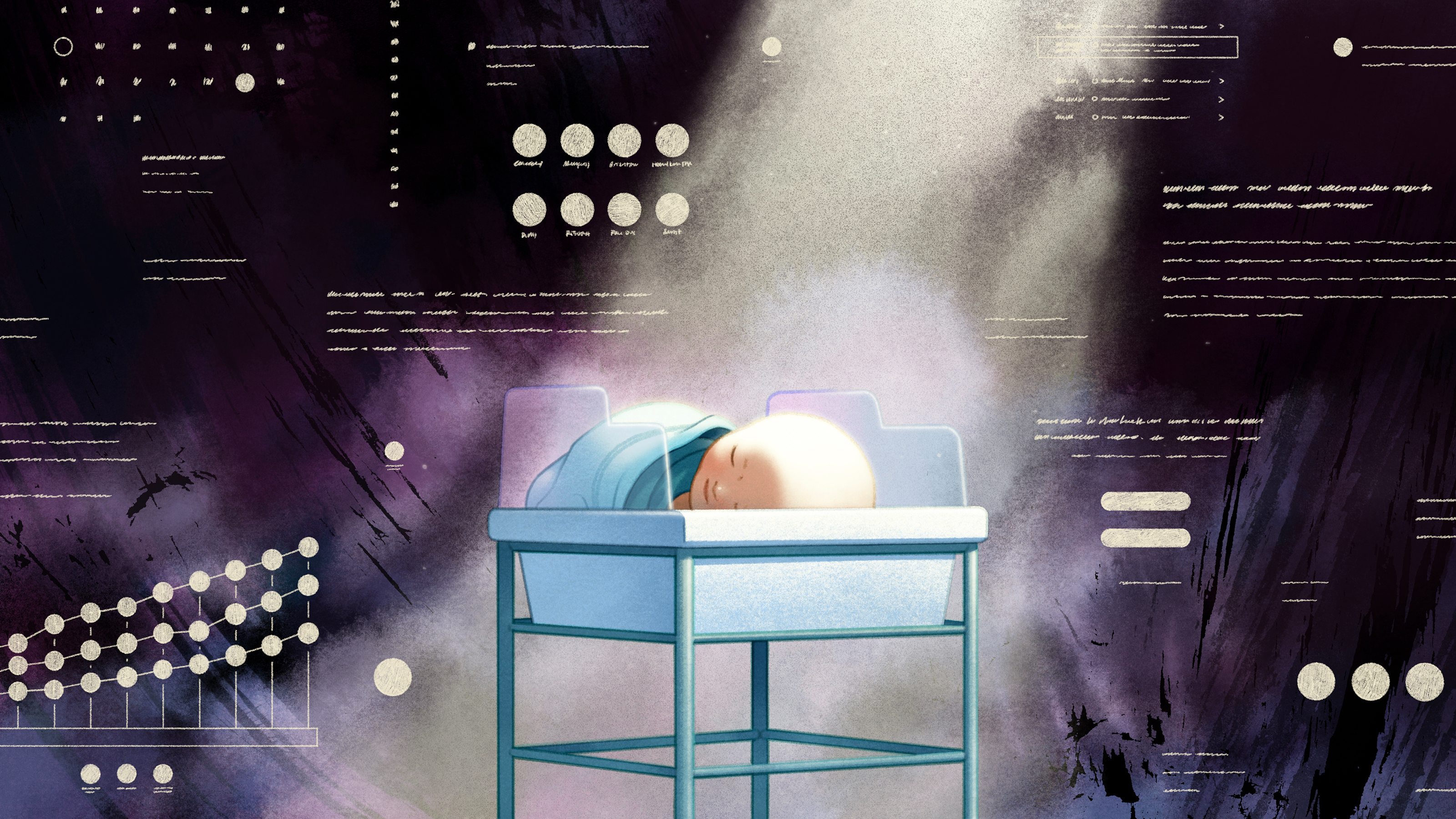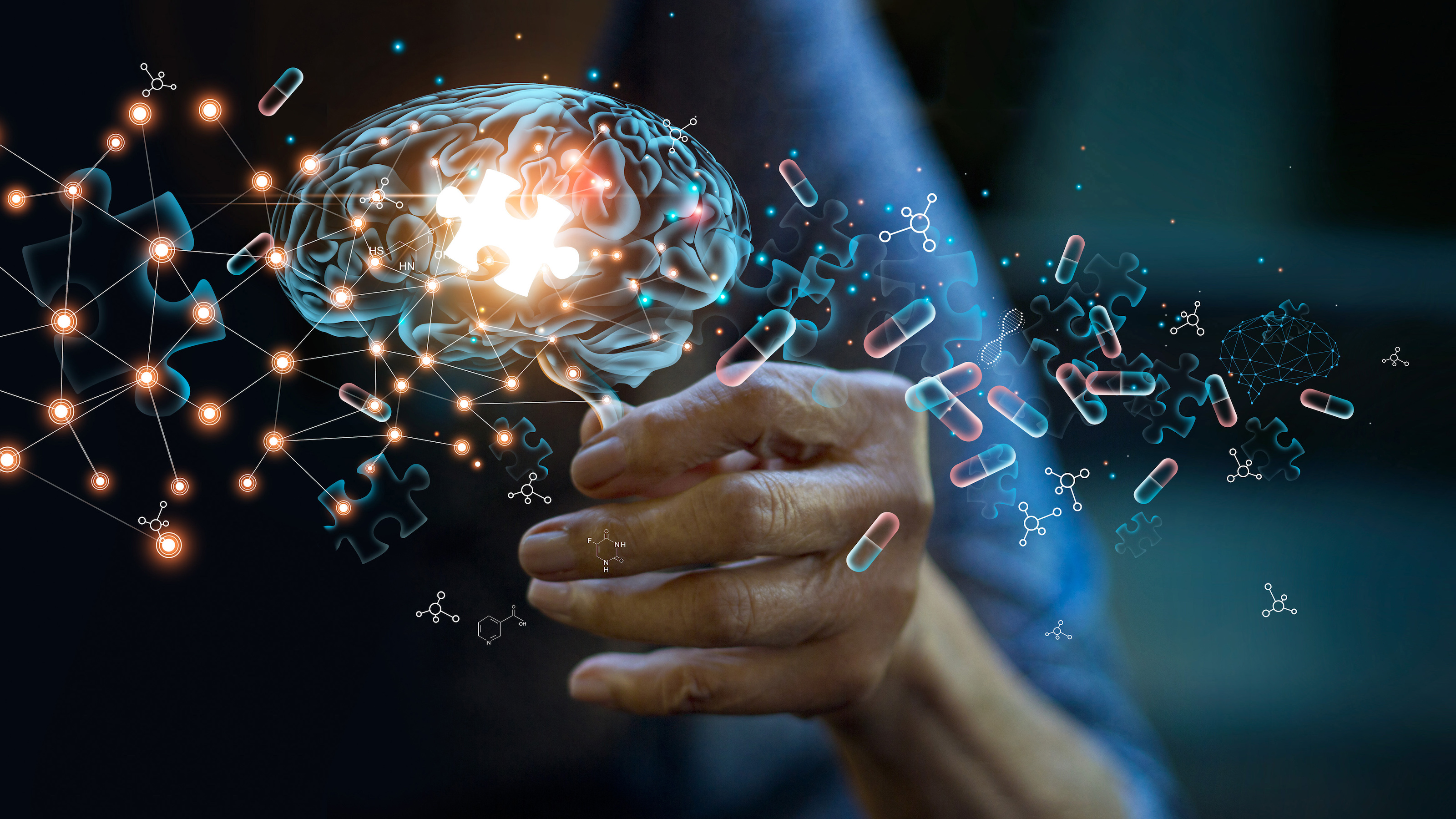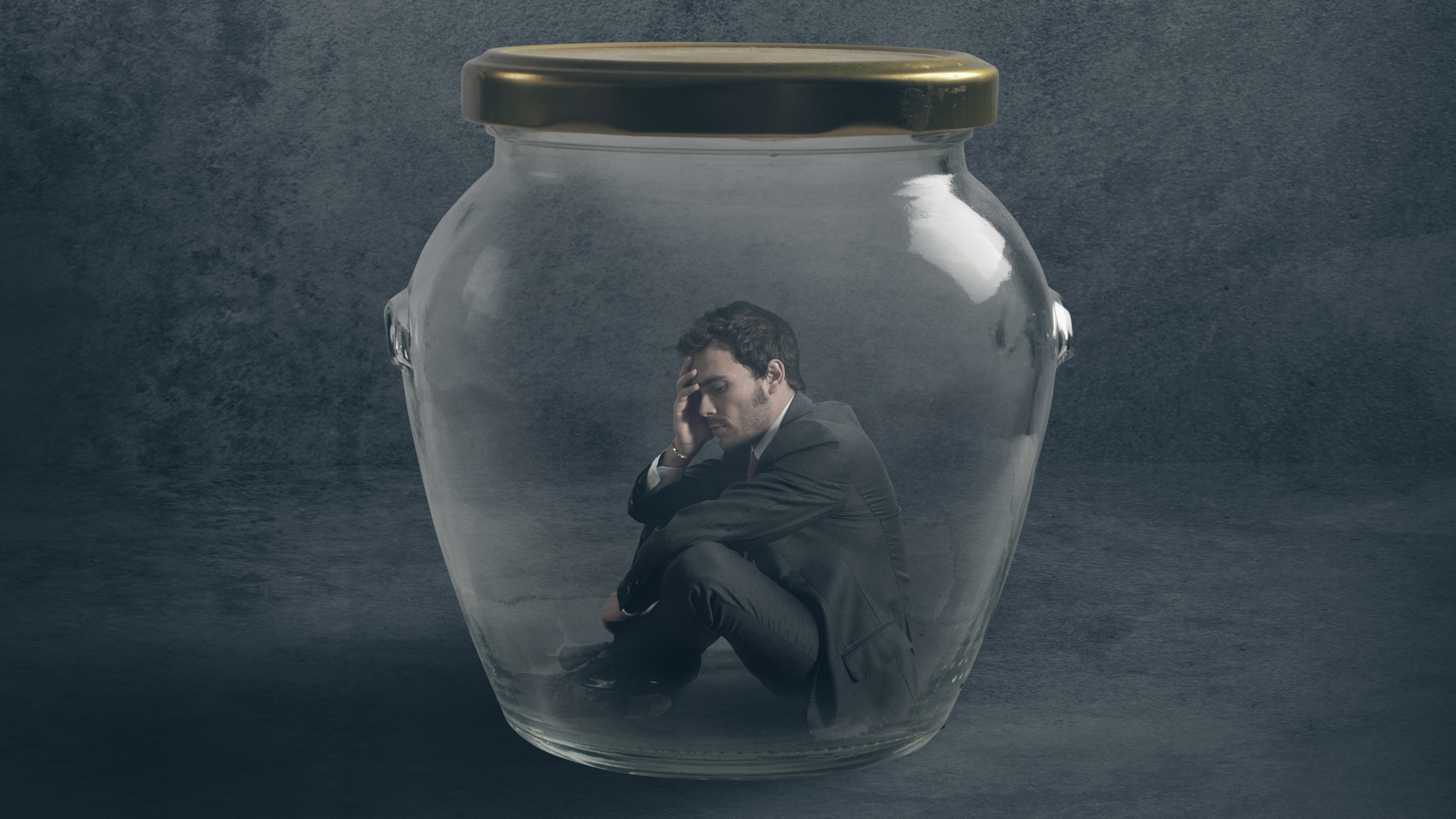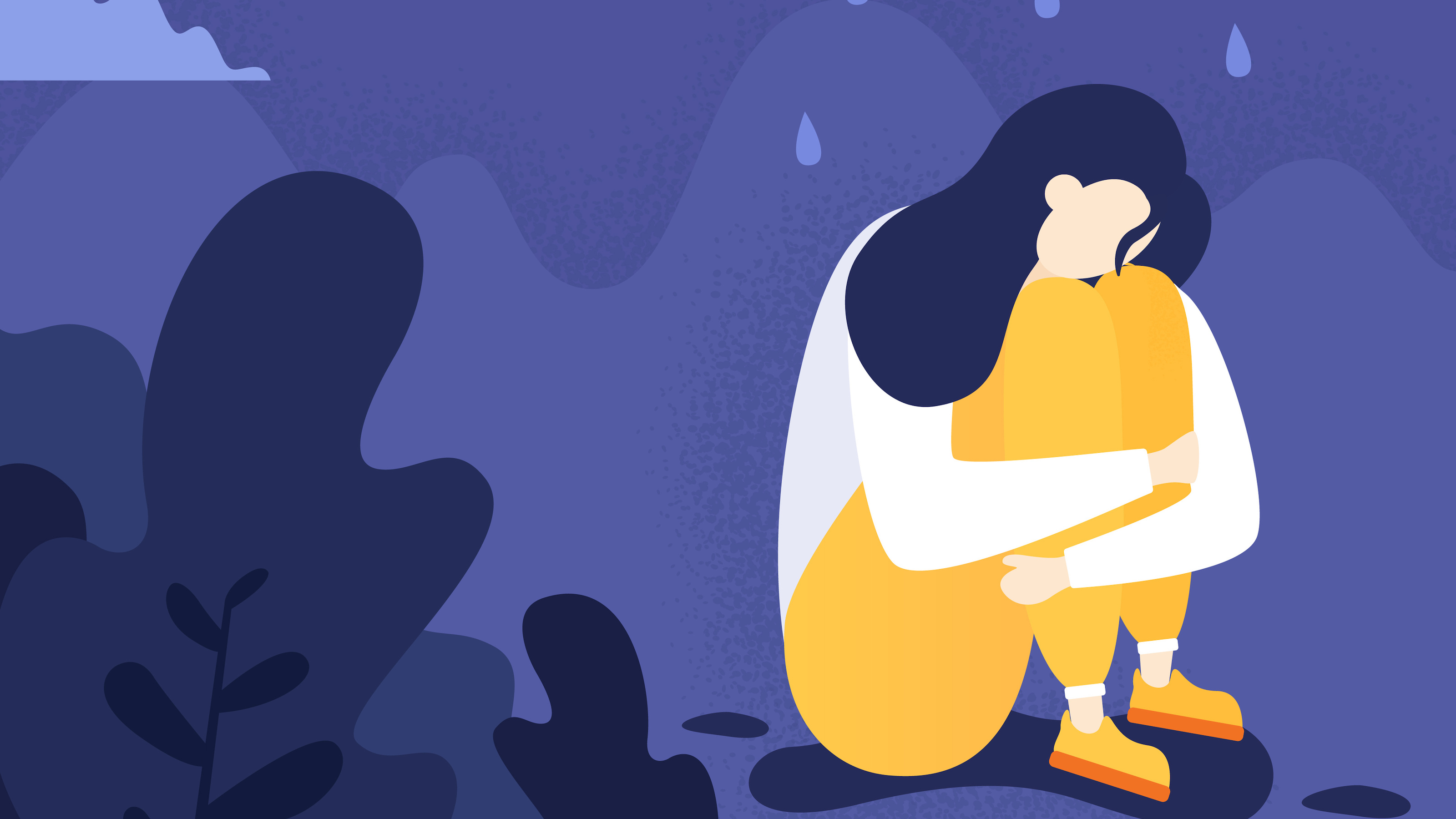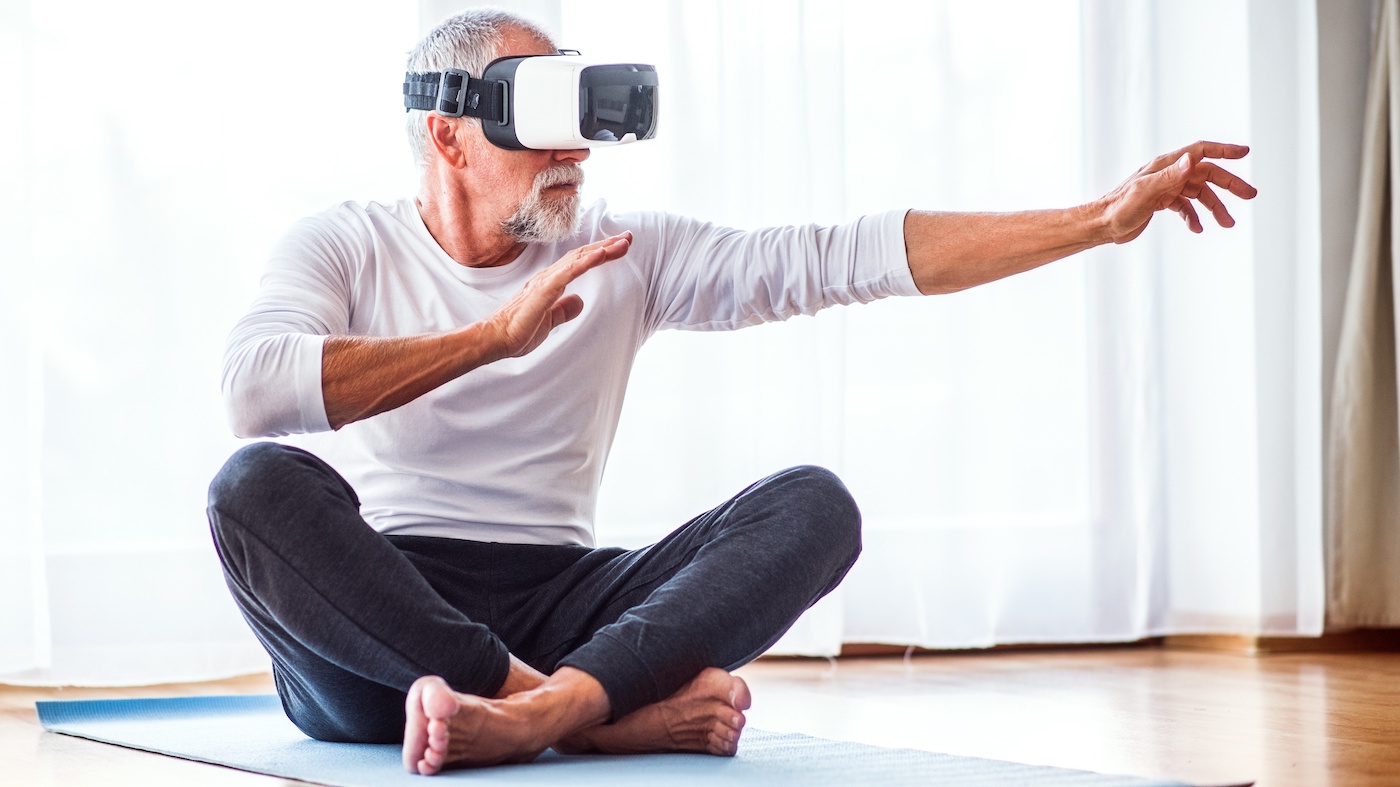mental health
Perfectionism is on the rise, and its consequences for mental health can be devastating. The Japanese philosophy of “wabi sabi” can help.
Creativity and achievement require balancing hard work with the restful power of calm.
Living at a higher elevation is a double-edged sword.
Not all stress is created equal.
Athletes often use creatine to boost performance and aid muscle recovery. Accumulating evidence suggests it could also help with depression.
We also don’t know how Tylenol works. But it does work.
Today’s young people are intelligent and kind, but they are overworked and burned out.
It’s time to let go of those emails from your cousin and the photos of your dinner.
But don’t buy your own brain zapping machine, yet.
Social isolation, back pain, and screen fatigue getting you down?
Alzheimer’s disease is frightening, but the right combination of lifestyle choices can reduce your risk.
Cognitive fatigue results from thinking too hard and long. Neuroscientists now believe they know why this occurs.
You open an app and start scrolling, then suddenly it’s an hour later. Sound familiar?
The “Mind After Midnight” hypothesis aims to explain why night owls tend to suffer more negative health outcomes.
What can elite athletes teach you about how to win?
Unplugging only ignores the hard work of overcoming your distractions.
When it comes to vetting people for friendship, body odor seems to be a decisive factor.
In the 1980s, some wardens started painting their cells with a shade of pink dubbed “Baker-Miller Pink.”
It’s estimated that one-in-three women and one-in-five men have an episode of major depression by the age of 65.
It’s common knowledge that syncing your circadian rhythm to a natural light-dark cycle could improve your health and well-being.
The serotonin theory of depression started to be widely promoted in the 1990s, coinciding with a push to prescribe more SSRIs.
NicoBoard is an app that helps parents make sense of a frightening time.
Noradrenaline-targeting drugs, including blood pressure, depression, and ADHD meds, improve Alzheimer’s disease symptoms.
Most American men who die by suicide do not have any known history of mental health problems. So, what is to blame?
Symbolic gestures often speak to our psyche in ways no rational action could ever speak to our intellect.
Deaths of despair are skyrocketing in the U.S., while at the same time, they are falling in other wealthy countries. What are we doing wrong?
Digital nomads can fully immerse themselves in their surroundings while advancing their career and stimulating the local economy. But there is one potential downside.
Wearable technology can help increase lifespan by changing what we know about our dietary needs and creating new ways to exercise.
Types of therapy are about as different as the people who use it.
One theory for catatonia is that it is similar to an animal’s “death feint.”
